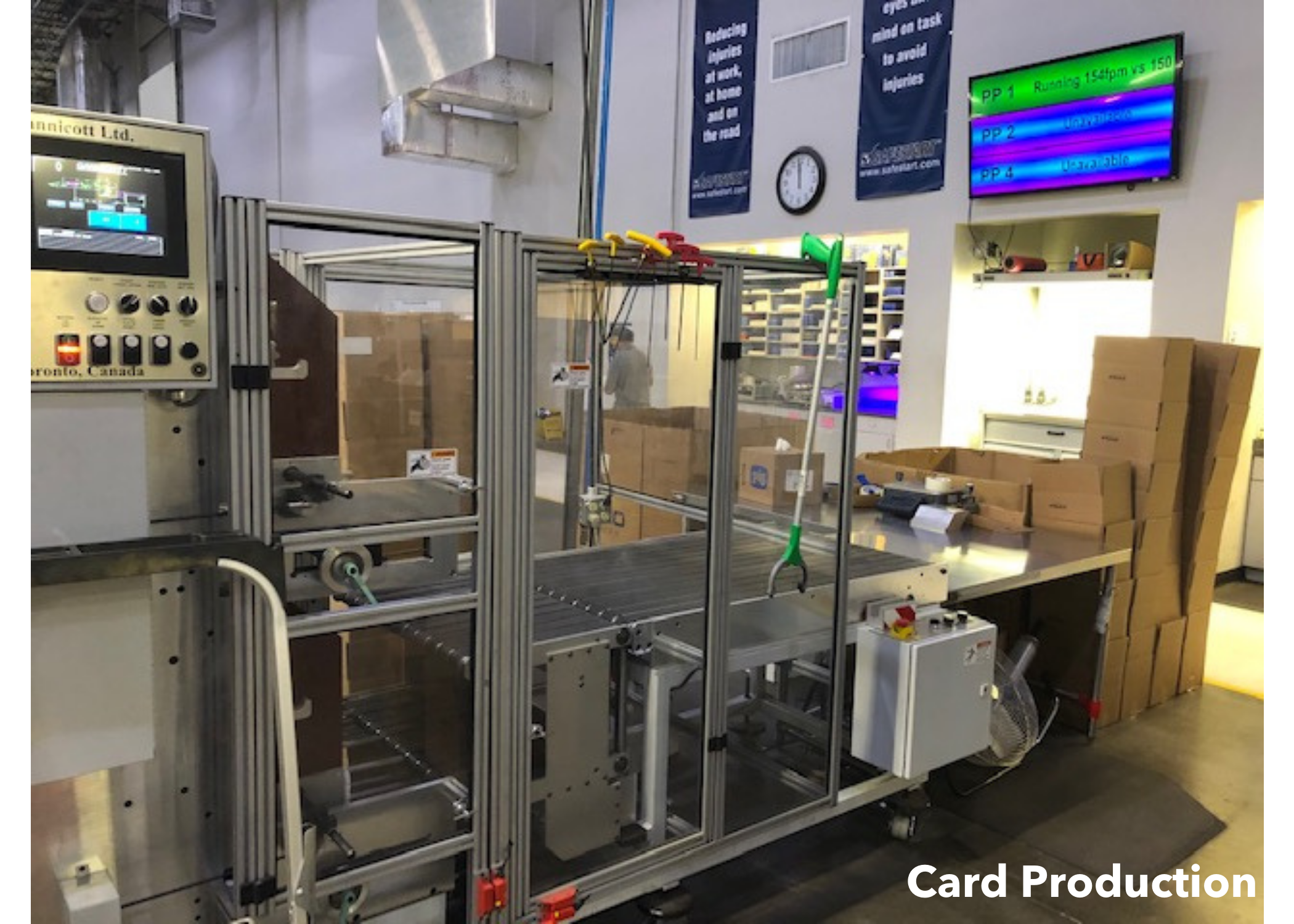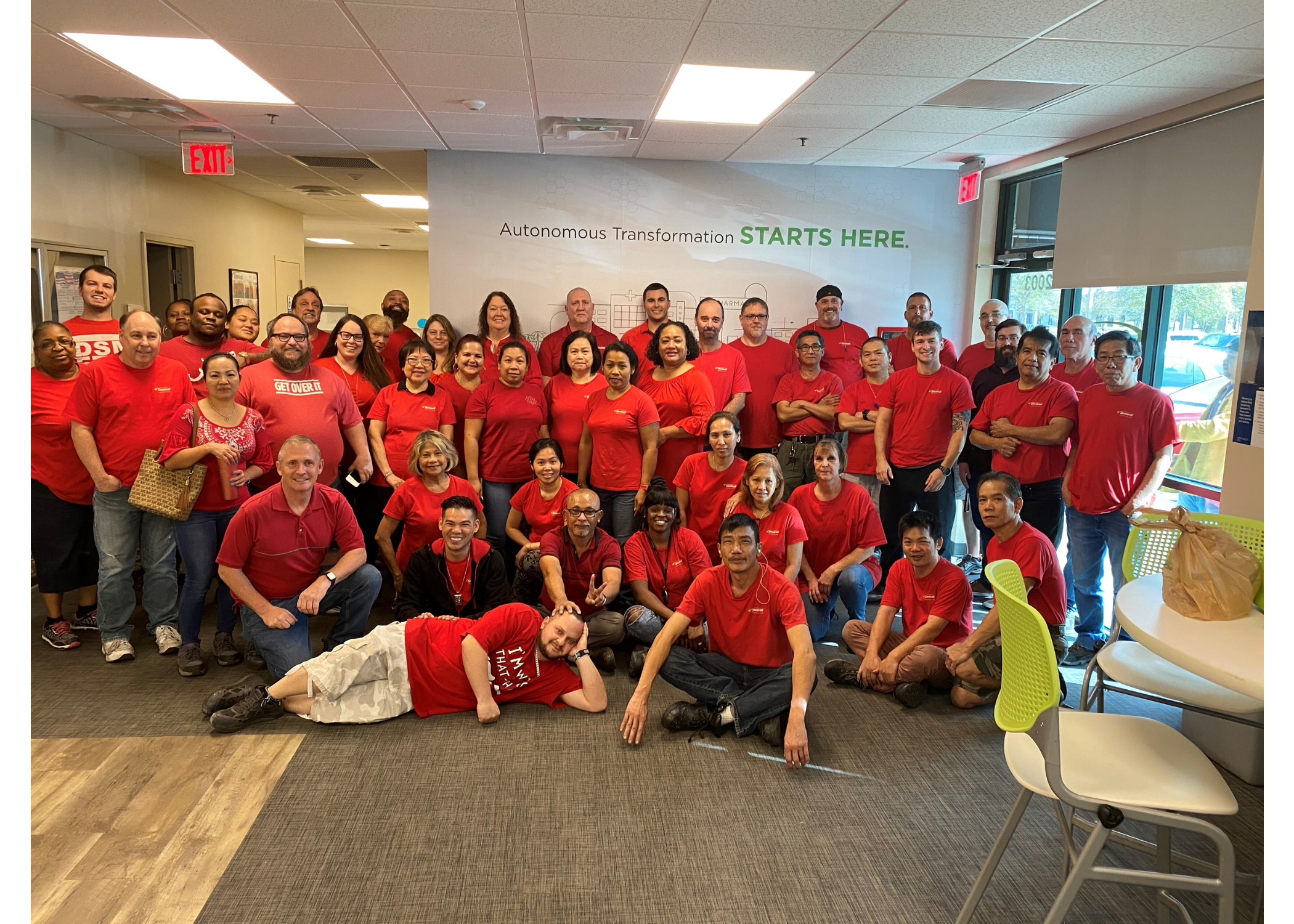
According to the most recent studies, in the United States alone, 7,000 to 9,000 people die each year as a result of a medication error. Hundreds of thousands of other patients experience but often do not report an adverse reaction or other complications related to a medication. For busy health care institutions such as hospitals and senior homes treating patients with a multitude of maladies that require many different medications, organizing and managing the pharmacy is critically important. Recognizing that a manual and disjointed pharmacy inventory management system compromises workflow efficiency and safety, Omnicell has brought robotics and artificial intelligence to the dispensing, sorting, packaging, and retrieval of medications.
“At Omnicell, we make the management and administering of medication as seamless as possible for the pharmacy and the hospital,” says Bruce Craig, Sr. Director of Manufacturing for Omnicell’s St. Petersburg, Florida facility (Omnicell is headquartered in Mountain View, California). “We believe our tools and technology will free up clinicians for more patient-focused activities while transforming the hospital’s central pharmacy into the smart, efficient, and accurate hub of care they need it to be.”
In 1992, Omnicell’s founder, Randall Lipps, noticed how inefficient medical supplies were managed firsthand when his daughter was hospitalized at birth. Noticing how this prevented health care staff from directly spending time with patients, he set out to improve those standards.
As one of the nation’s leading providers of medication management solutions, Omnicell knows the challenges health care facilities face when administering medication and what it means for patients. What looks like just a card of meds, can mean the difference between enjoying the day and struggling to get through it for the patient. Imagine juggling the needs of a 2,000-bed hospital with the complex matrix of medicines, dosages, and times of day for each patient that require expert oversight and judgment. Without Omnicell’s healthcare management systems, it would be like trying to count and deliver sand – by the grain.

Today, Omnicell produces more than one million single-dose and multiple medication blister cards a day for pharmacies servicing acute and non-acute health care facilities. In their St. Petersburg plant, Omnicell’s efforts focus primarily on non-acute health care providers like nursing homes, correctional facilities, and some retail.

Holding one of Omnicell’s blister cards is like holding a health care galaxy in the palm of your hand--the prescribed dosages for the diagnosed condition of the patient all contained in one package. It’s not just the medication contained in those cards--it’s what the meds mean for the ailing patient: healing, health, and peace.
 “Omnicell’s cards are relied upon in hospitals and nursing homes all over the country,” says Craig. “Because of our products, inefficient manual products are replaced with packaging that takes the guesswork out of managing thousands of patients.”
“Omnicell’s cards are relied upon in hospitals and nursing homes all over the country,” says Craig. “Because of our products, inefficient manual products are replaced with packaging that takes the guesswork out of managing thousands of patients.”
Best Practices: Leadership Development
A company whose mission brings together so many layers of health care experts must also have a clear vision from its leadership. “Leadership Development” is an area where the Florida Sterling Manufacturing Business Excellence Awards team of examiners felt Omnicell shined.
“One of Omnicell’s core values is that relationships matter,” says Craig. “Our leadership endeavors all focus on building and strengthening relationships.”
This focus is evident in how the company prioritizes education and training.
“Omnicell has a strong emphasis on leadership and leadership development,” says Paula DeLuca, FloridaMakes’ business advisor, who has consulted with Omnicell. “They have many that support this, such as Omnicell University, and their upward evaluation, which allows employees to provide feedback to managers.”
Omnicell University is a portal that the company uses to catalog and schedule training for all employees. According to Craig, hundreds of courses are available for managers to access that help align employees with specific development plans for exempt and non-exempt.
Upward evaluation or “skip-level” meetings also offer leadership a chance to connect with employees.
“Skip-level meetings allow for staff to exchange ideas and observations with leadership who they don’t report to,” says Craig. “This fosters a great environment of growth, where we’re all learning from each other.

SMBE Awards Process
Omnicell thrives amidst the challenges of creating a high-volume product that touches many lives. When they learned they were nominated they embraced the process.
“We were very excited. We knew we had a lot of best practices that we do very well in a high-volume environment and we were excited to celebrate this and also to share what we know with other leaders in manufacturing,” Craig said. Craig’s advice to manufacturers who want to emulate the path of Omnicell’s best practices amongst other strengths that led to their nomination?
“It starts with thinking long-term, not just about what is going on today,” he said. “Think about what you want your organization to look like in five years and coordinate with leadership to get there. Just like when working with patients or employees, always value the long-term.”
Statistic Source: U.S. Institute of Health
#ManufacturersBestPractices